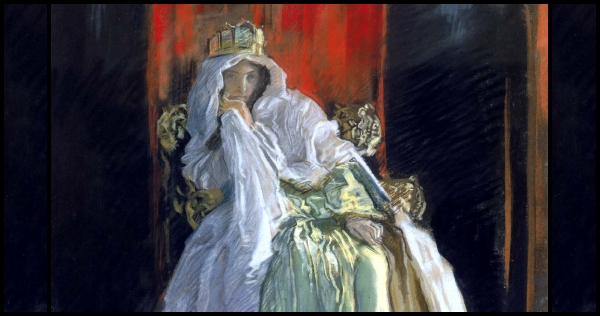Part 33: A Suicidal Gertrude (Interlude C)

[In an earlier post , I mentioned four contrasting interpretations of Gertrude, the third being a suicidal Gertrude as portrayed by Lia Williams in a 2018 BBC production with Andrew Scott as Hamlet, dir. Icke. This post considers that third reading of Gertrude.] Some consider Gertrude drinking the poison cup in Hamlet 5.2 as an act of suicide. But for it to be suicide, Gertrude at least needs to suspect that the cup has been poisoned: If she is ignorant of poison and unsuspicious, it cannot be suicide; a reaction of surprise would then make sense. If she merely suspects and is testing the cup for poison intended for her son, an act of risk and selflessness, it is not strictly suicide.[1] For suicide as sole intention, she must not merely suspect, but know for certain that the cup has been, poisoned. The texts of the play do not support certainty for Gertrude that the cup has been poisoned: Claudius and Laertes conspired about the poison apart from her; she had no way of knowing. But a...


